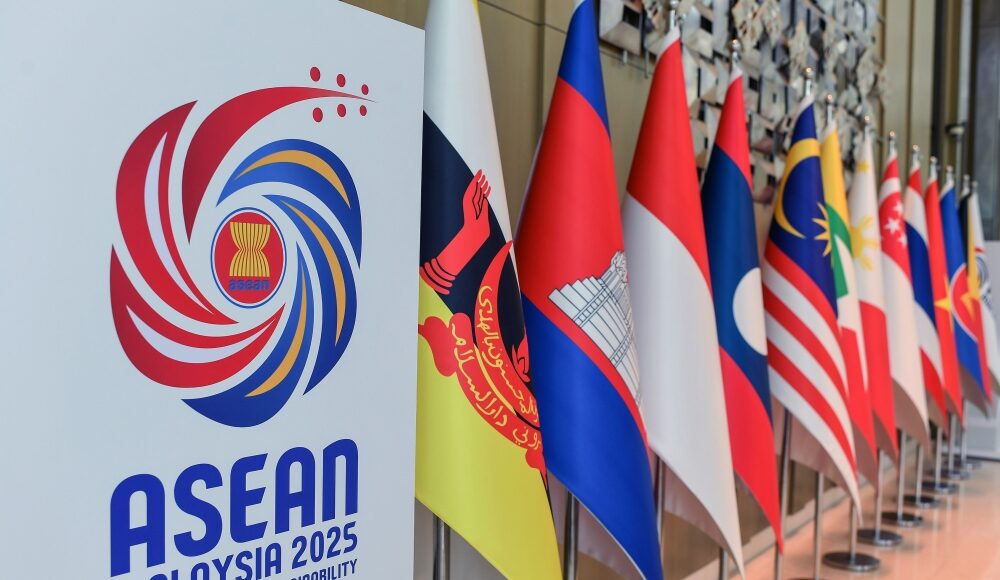MAY 21 — As Malaysia assumes the Asean Chairmanship from May 25-27, 2025, global attention turns to Kuala Lumpur—not only for its event management and diplomatic flair but also for the deeper, distinct leadership it brings. This is a form of civilizational diplomacy rooted in moderation, inclusion, and resilience, transcending ceremonial handshakes and protocol dinners.
This leadership stems from Malaysia’s political experimentation, aspirations to bridge East and West, and resilience amid global volatility.
The Unity Government’s stability as a message
Few believed Malaysia’s Unity Government, led by Datuk Seri Anwar Ibrahim, would endure when it was formed on November 24, 2022. Seen as a temporary coalition of former rivals, it faced doubts about its longevity. Nearly three years later, the government has not only survived but has become a credible custodian of Malaysia’s external diplomacy and regional vision.
In Asean, where political instability is common, Malaysia’s internal political stability is a significant asset. It demonstrates that compromise, dialogue, and institutional reform can create a durable foundation, enabling Malaysia to chair Asean with confidence.
A bold vision for the Asean Chairmanship
Malaysia’s chairmanship is marked by strategic initiatives, including a trilateral economic summit involving Asean, the Gulf Cooperation Council (GCC), and China. This summit, the first of its kind, represents a groundbreaking dialogue among three civilizational zones. It is not just about trade but a geopolitical statement challenging traditional East-West and North-South divides.
Malaysia is anchoring the summit within the Asia Zero Emissions Community (AZEC) framework, envisioning a strategic corridor connecting the Gulf’s resources, China’s technology, and Asean’s labor markets. This forward-looking agenda aims for a just transition to a low-carbon economy, redefining Asean regionalism to focus on sustainability and innovation.
Leadership through bridge-building
Under Anwar’s leadership, Malaysia emphasizes bridge-building over bloc alliances. This philosophy is not just diplomatic—it is strategic. In an era of climate crises, food instability, and global fragmentation, hybrid platforms for cooperation are vital. Malaysia’s approach to ASEAN’s leadership sets a new standard by fostering pathways for dialogue and development.
Malaysia’s Asean chairmanship is marked by strategic initiatives, including a trilateral economic summit involving Asean, the Gulf Cooperation Council (GCC), and China. — Bernama pic
Challenges from domestic disengagement
Despite these strides, Malaysia’s political opposition remains disengaged from international affairs, focusing instead on narrow domestic concerns. This lack of alternative vision for navigating global challenges is a missed opportunity to shape Malaysia’s foreign policy.
The government, meanwhile, has actively proposed regional financial mechanisms, supported civilizational dialogues, and revitalized Asean cooperation. Its leadership sees Malaysia as an architect of regional order rather than a passive participant.
Malaysia’s stewardship of Asean
The first half of 2025 may mark a turning point for Asean—not by replacing its consensus model but by revitalizing it. Through Malaysia’s leadership, Asean has the chance to address pressing questions on sustainability, sovereignty, and shared destiny.
If Asean can rise to these challenges, Malaysia’s chairmanship will have demonstrated the power of strategic hospitality—a diplomacy rooted in listening, building, and stewardship. This may well prove to be Malaysia’s most valuable export, setting a benchmark for Asean’s future.
* Phar Kim Beng, PhD, is a Professor of Asean Studies at the International Islamic University Malaysia and a Visiting Faculty member at the Asia-Europe Institute, University of Malaya.
** This is the personal opinion of the writer or publication and does not necessarily represent the views of Malay Mail.





